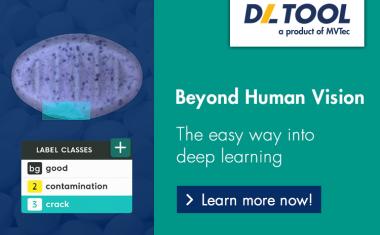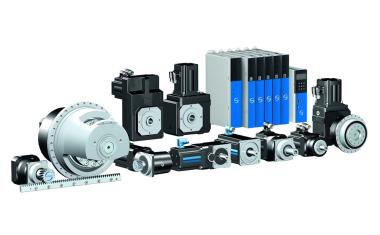Record Revenue and Earnings: Zeiss Continues Growth Trajectory

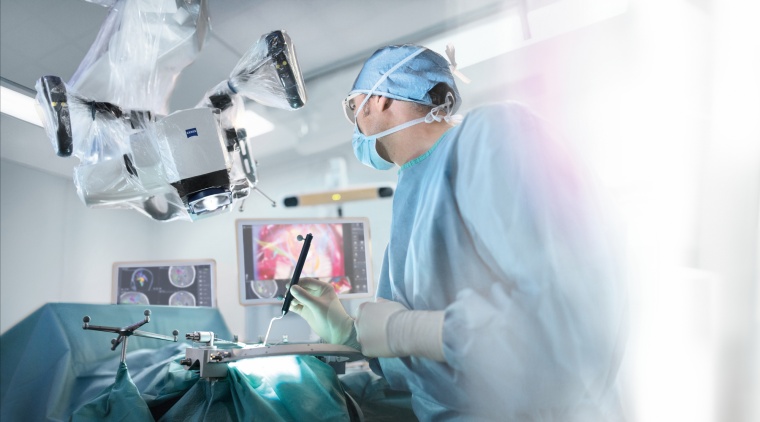
In the past 2016/17 fiscal year (ended 30 September 2017), Zeiss increased both its revenue and earnings to a record level: revenue rose by 10 percent to EUR 5.348 billion (prior year: EUR 4.881 billion). At EUR 770 million, earnings before interest and tax (EBIT) were significantly above the already high level of the previous year (615 million). The EBIT margin has increased to over 14 percent. Order intake grew by a healthy 12 percent and is now at EUR 5.625 billion, underscoring the growth ambitions of the technology company.
"All four segments – Research & Quality Technology, Medical Technology, Vision Care/Consumer Products and Semiconductor Manufacturing Technology – are either at or above their target returns and have made a positive contribution to the most successful fiscal year in the history of Zeiss," said Prof. Dr. Michael Kaschke, President & CEO of Carl Zeiss AG, at the annual press conference in Stuttgart. "This development was not and is not just a matter of course. Rather, it is the result of the tremendous efforts made by all employees and partners over a long period of time. The consistent implementation of the strategic Agenda has now made a real impact and significantly increased competitiveness. Thanks to investments in cutting-edge Innovation and Customer Centers, global partnerships and strategic expansions, we have focused entirely on the needs of our customers," said Kaschke, explaining the company's strategy.
In the Research & Quality Technology segment, the automotive market continues to drive growth at the Industrial Metrology business group. The demand for Smart Production solutions is increasing, and Zeiss is expanding its business and key networking capabilities for the Industrial Internet of Things through innovative approaches, such as its stake in the joint venture ADAMOS. Thanks to the good overall position of industry, the Microscopy business group is continuing its growth trajectory. In spite of the enormous competition on the market, the Medical Technology segment is growing with innovations such as the Zeiss KINEVO 900 robotic visualization system and has made particularly significant gains in Asia. With Zeiss brand eyeglass lenses, the Vision Care/Consumer Products segment is growing slightly faster than the market. There has been sustained positive growth, including in Brazil and China.
The Semiconductor Manufacturing Technology (SMT) segment is benefitting from high demand for Deep Ultra Violet (DUV) lithography systems. After a trend toward stagnation in an extremely volatile market in recent years, SMT successfully increased its revenue by 25 percent, a new all-time record. The determination and perseverance of the investors in the cutting-edge technology Extreme Ultra Violet (EUV) lithography is also paying off, as is the strengthened partnership with the Dutch company ASML. ASML's 24.9 percent minority stake in the subsidiary Carl Zeiss SMT and the accompanying investments totaling around EUR 760 million for research and development will be instrumental in driving the comprehensive preparation of EUV technology.
Financial highlights
Zeiss generates just under 90 percent of its business outside Germany. Asia/Pacific (APAC) remains the largest growth region with a revenue of EUR 1.270 billion. This corresponds to an increase of 15 percent over the previous year after currency adjustments (1.123 billion). Revenue amounted to EUR 598 million in China alone (prior year: 504 million). The revenue in emerging economies after currency adjustments has exceeded the billion euro mark, reaching EUR 1.181 billion (prior year: 995 million). The company's German sites have also benefited from the enormous growth in these markets. The largest single market for Zeiss remains the US with approximately EUR 1 billion.
In fiscal year 2016/17, Zeiss increased its investments in research and development by around 27 percent to 552 million (prior year: 436 million). Investments in property, plant and equipment were increased to 183 million (prior year: 154 million). This compared to depreciations totaling EUR 160 million (prior year: 155 million). "Zeiss’s bold, global investment strategy is a key pillar of our long-term growth trajectory. Since 2010, we have spent around EUR 1.45 million on this," says Thomas Spitzenpfeil, CFO of Carl Zeiss AG.
Net liquidity has increased significantly and was at EUR 1.986 billion as of the reporting date (30 September 2016: 568 million). In particular ASML's stake in Carl Zeiss SMT and a capital increase at Carl Zeiss Meditec AG have played a major role in strengthening liquidity. The company's equity is at EUR 3.429 billion, equaling an almost doubled equity ratio of 47 percent. Thanks to a greater inventories and increased receivables, free cash flow is at EUR 658 million (prior year: 709 million) in spite of the increased EBIT.
Employees
The number of employees increased by six percent. As of the reporting date, Zeiss had 26,945 employees worldwide (prior year: 25,433). With 569 new employees, Germany saw the strongest headcount increase. Here the total headcount rose to 11,339 (prior year: 10,770).
Outlook
Even though a slight slowdown in the growth dynamic is evident in several emerging economies, the forecast for the global economy is good to very good, with only a few risk factors on the horizon. "Of course we have benefited from tailwinds from the positive economic climate, but ultimately you only win if you also take responsibility and make bold decisions for the road ahead," says Kaschke. "In order to ensure success over the long term, we need to stand our ground in the face of ever stiffer competition. With its focus on innovations, targeted investments and business expansion in future-oriented fields of activity, the corporate strategy, the Zeiss Agenda 2020, serves as a compass, while the solid financial foundation provides the necessary flexibility. With our innovative products and solutions, we see transformations in technology and society such as digitalization and demographic change as a significant growth opportunity," says Kaschke, looking ahead to the new fiscal year. In 2017/18, Zeiss anticipates a slight organic increase in revenue and a similar EBIT margin.
most read
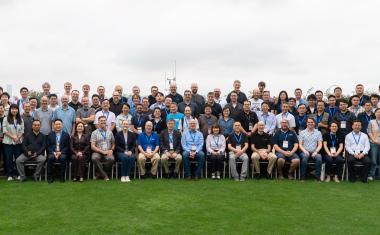
Successful conclusion of the IVSM Fall Meeting 2025 in Haikou, China
The 2025 Autumn International Vision Standards Meeting (IVSM) took place from November 3 to 7 in Haikou, Hainan, and attracted over 120 R&D engineers worldwide.
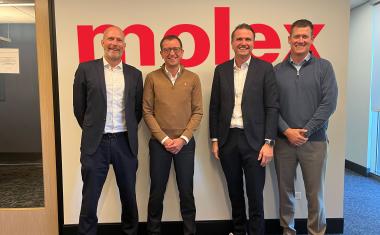
HMS Networks takes over Industrial Communications division from Molex
This strategic acquisition includes intellectual property in hardware and software, a product portfolio with network cards and software stacks, as well as customer relationships in the USA and Japan.
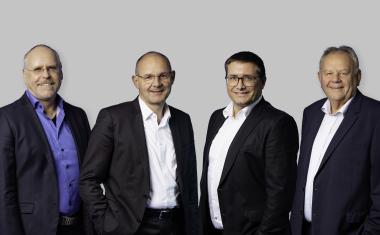
SEW-Eurodrive and TTTech Digital Solutions enter into partnership
The aim of the collaboration is to integrate SEW-Eurodrive's axis and drive systems into the Ubique automation platform.
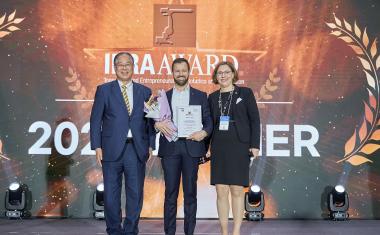
Otto wins IERA Award 2025
Rockwell's robot is an AMR solution that can transport heavy loads in factories and operate in robot fleets of over 100 units.

Qioptiq Photonics becomes Excelitas Germany
The renaming is part of the global consolidation of the Excelitas Group.




